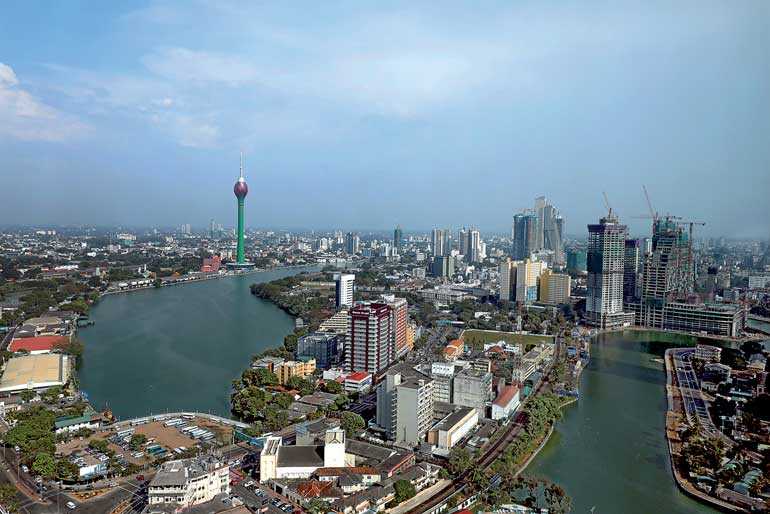Wednesday Feb 25, 2026
Wednesday Feb 25, 2026
Monday, 2 December 2019 00:00 - - {{hitsCtrl.values.hits}}

President Rajapaksa stated in a recent interview he wants Sri Lankan diaspora to invest in Sri Lanka.
In 2016, I, an Australian Sri Lankan, did just that. I left Australia, a place where I migrated to in 1985, and moved my family to Sri Lanka. Frankly, many people in Sri Lanka and Australia thought this was a mistake. I hold a PhD in Economics from Australia’s top ranked university and was employed at sought after international organisations. The easy option for me was, and still is, to work outside of Sri Lanka.
Yet in 2016 Sri Lanka’s economy, and tourism numbers, were growing. I was wooed by this potential, and the comparative advantage I could draw from my Australian education, international experience and Sri Lankan roots. I also had a deep-seated desire to contribute to private sector development in the country of my birth. As such, I founded a company, Crystal Property Group, which is currently constructing a condo-hotel in Galle (www.crystalsands.lk). 
My experience was far from rosy. Since 2016, the deteriorating macroeconomic climate and political instability was debilitating for any investor, let alone new investors.
That said, one of the most difficult experiences I faced was within the Government bureaucracy. To be clear, I found some well-meaning public servants who were very supportive. However, there were others who actively placed road-blocks. Their general strategy was to delay processes, until I was so demoralised and desperate that they hoped I would relent to their unsaid demands. Colleagues and friends experienced similar tactics that hindered their businesses, some of who returned to Australia in disappointment.
This is not direct corruption. It’s not even red tape. It’s a ‘go slow’ tactic where public servants say ‘this can’t be done’, despite logical counter-arguments. For foreign investors without local connections, such unscrupulous activities can create insurmountable and costly obstacles, deterring them from investing directly in Sri Lanka.
One possible solution would be to establish dedicated Business Liaison Offices, in all districts of Sri Lanka, catering to small and large businesses. At a high level, its objective would be to independently mediate between the private and public sectors, in a timely manner, and have the power to issue directives to government departments. This concept is not new. For example, the Australian Government has an Administrative Appeals Tribunal which provides an independent merits review of a wide range of administrative decisions made by the Australian government.
Currently, public servants are not necessarily incentivised to support the private sector. Business Liaison Offices could flip the status quo. At a minimum, the mere possibility of having to attend a mediation hearing could discourage negative behaviour among public servants.
Ultimately, if President Rajapaksa is serious about attracting foreign investment, one necessary condition is that investors need to be confident Sri Lanka’s government, at all levels, support, not hinder, private sector activities. Business Liaison Offices, a private sector focused Administrative Appeals Tribunal, or variants, could provide one step towards achieving this goal.
(Dr. Dinuk Jayasuriya is Director of Sri Lankan-based companies, Crystal Property Group and International Scholar. He has previously worked for the World Bank Group, the United Nations, PricewaterhouseCoopers and as an academic. Dinuk holds a PhD in Economics from the Australian National University and remains associated with the University. The author can be reached at [email protected]. )